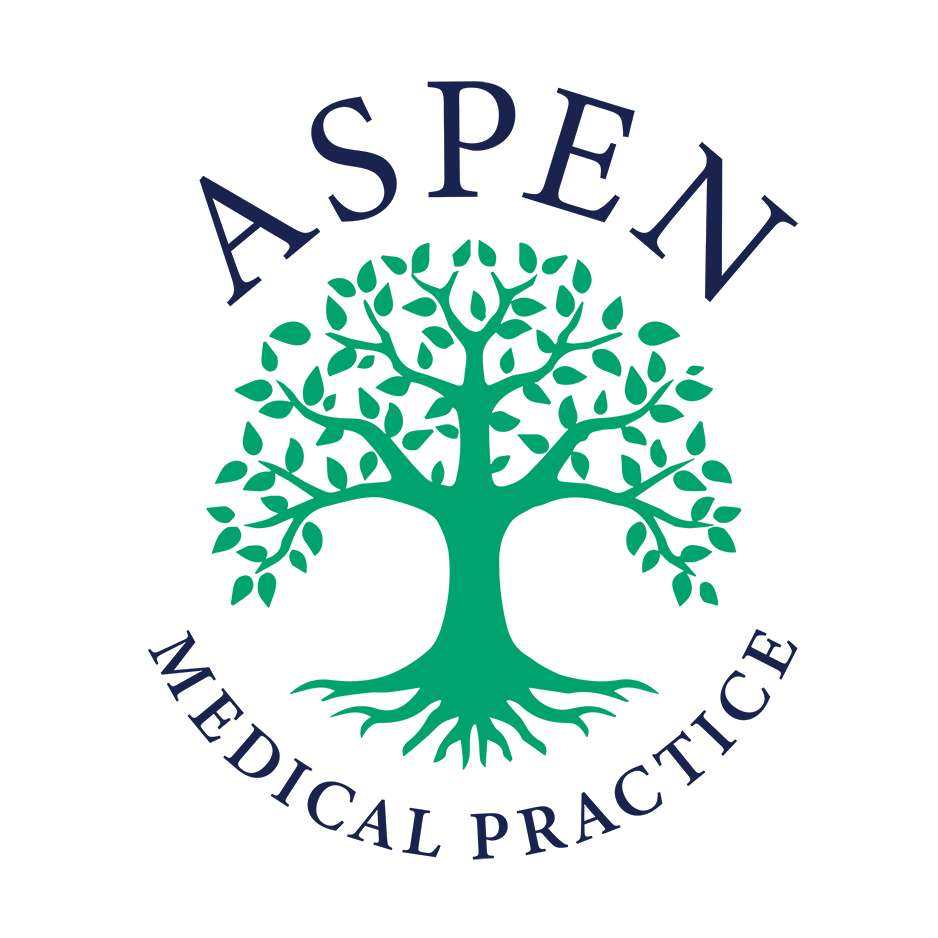Stroke
A stroke causes damage to the brain. A common cause of stroke is a blood clot that forms in a brain blood vessel (artery). Immediate treatment may include a clot-busting medicine to dissolve the blood clot. Other treatments include medication to reduce risk factors for further strokes. Rehabilitation is a major part of treatment. Disability following a stroke depends on factors such as the part of the brain affected, how quickly treatment was given and the extent of the damage to the brain. Call for an ambulance immediately if you suspect someone is having a stroke.
Website
www.patient.infoStroke Association
We’re here to support people to rebuild their lives after a stroke. We believe everyone deserves to live the best life they can after a stroke.
We provide specialist support, fund critical research and campaign to make sure people affected by stroke get the very best care and support to rebuild their lives.
Rebuilding lives after a stroke is a team effort. It takes the determination of stroke survivors and carers, the generosity of supporters and the dedication of the healthcare and research communities to get there.
Website
Stroke AssociationStroke Discharge
A member of the stroke coordinator service will see you at home within one month of discharge from hospital. Follow up appointments can be arranged when you feel you want information, support and practical advice on issues and problems related to your stroke.
The Stroke Early Supported Discharge Team provide:
– Support and education at home for people living with the effects of stroke in the community.
– Education through the Life after Stroke Programme for self management of the effects of stroke.
– Support and advise to the carers of stroke survivors in the community and signposting them to support services.
– Involvement on educational programmes for anyone involved in the care of stroke patients in community hospitals/acute hospitals trust/social services and care homes.
Website
www.glos-care.nhs.uk
Stroke support
Page published: 19 February 2024
Last updated: 19 February 2024
